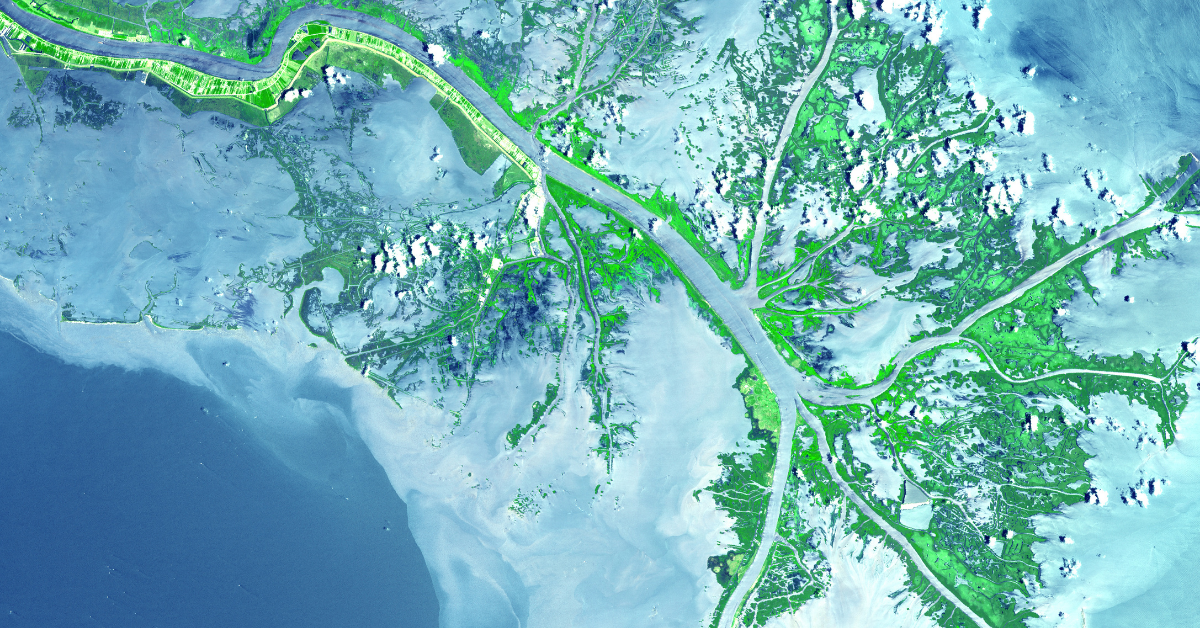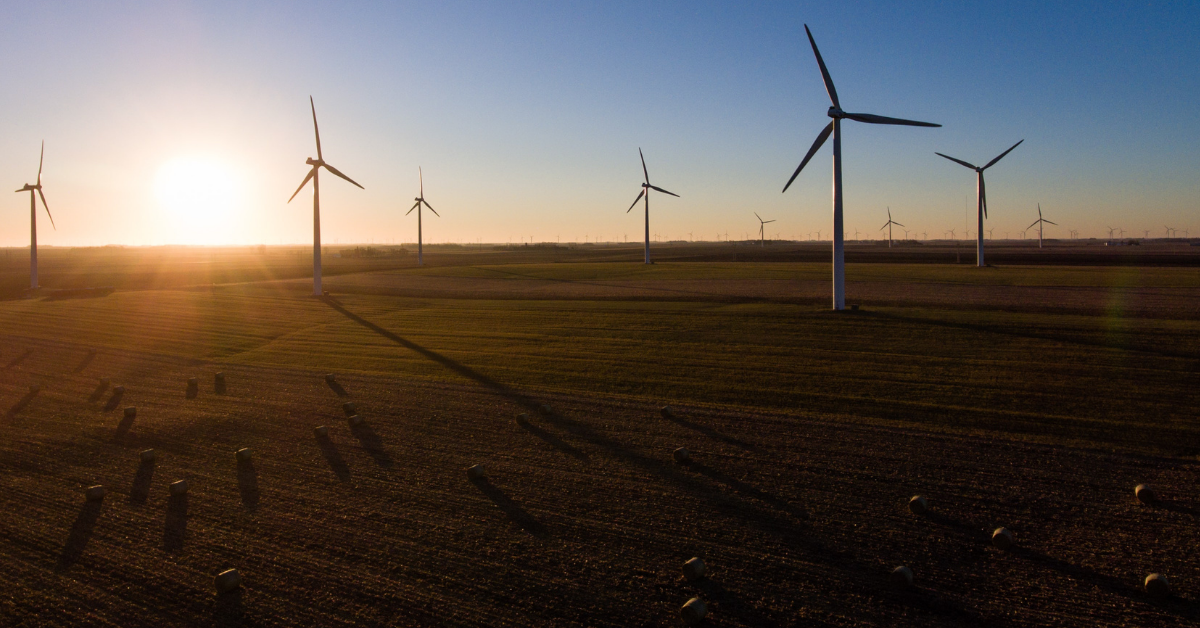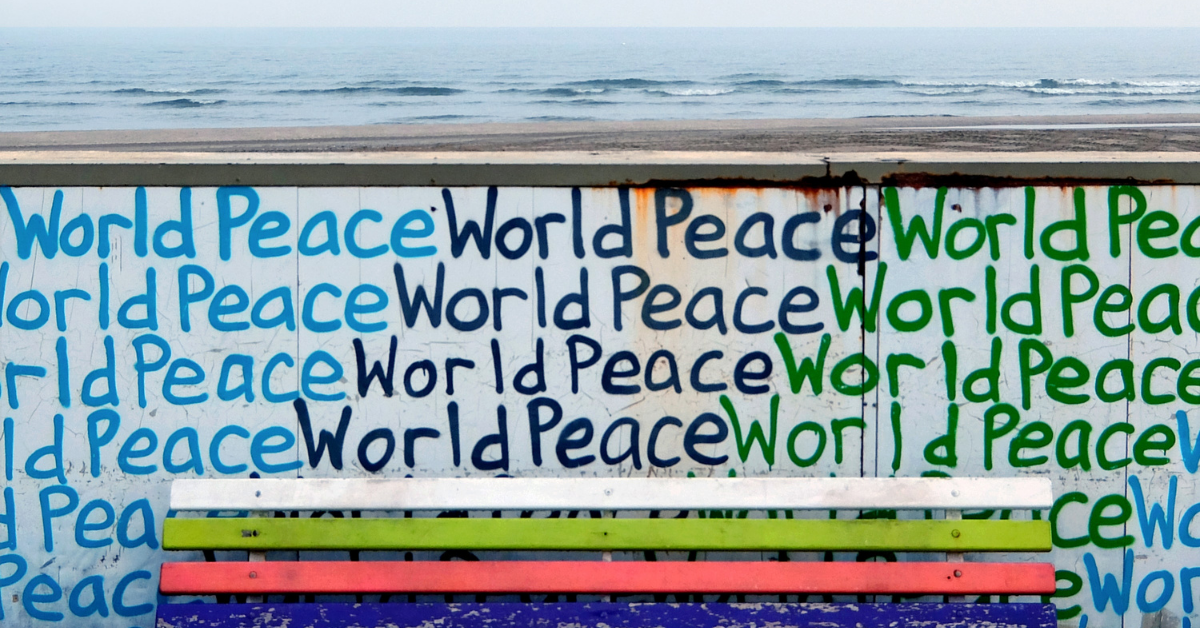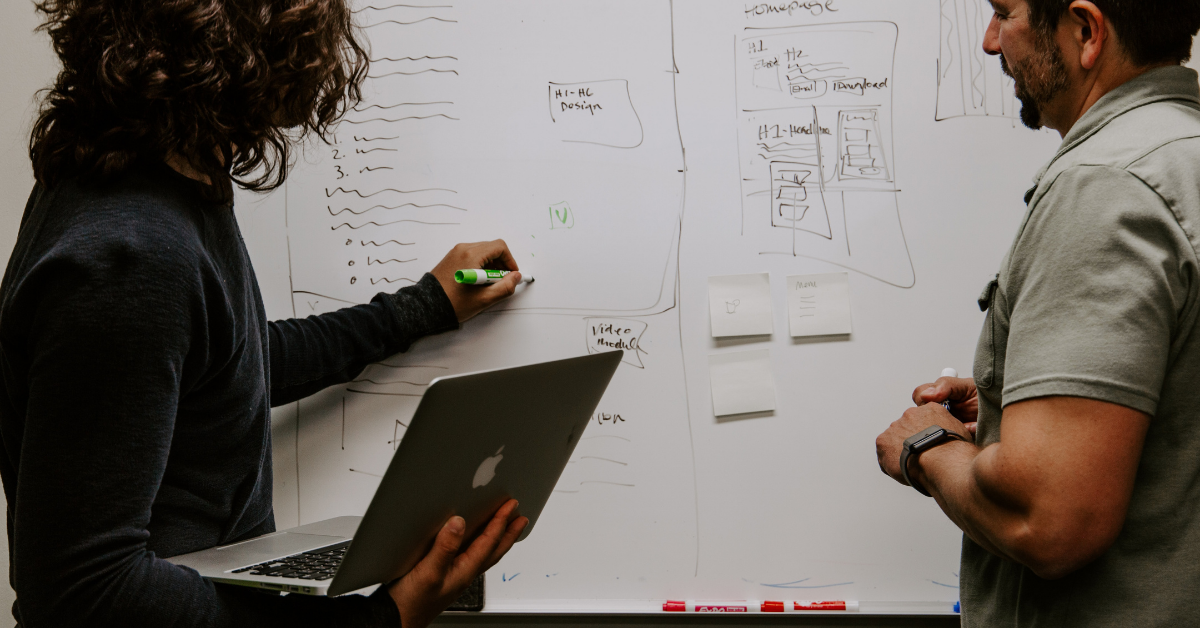
The upcoming DevRes conference will be held on August 22-24, 2022 and will be hosted by GlobeLife, a joint initiative of Uppsala University and Karolinska Institutet. The conference will offer both onsite participation as well as digital live-streaming and chat functions. The 1st day of the conference will be at Uppsala University, the 2nd day fully online and the 3rd day at Karolinska Institutet.
SweDev at DevRes2022
More details will follow.
- ‘Bridging research and policymaking in the implementation of the 2030 Agenda’: 13:30-14:30 on 22 August in Uppsala. Onsite participation only.
- ‘Planetary health: the role of coastal ecosystems’: 11:00-12:00 on 22 August in Uppsala. Hybrid: onsite and online participation.
- SweDev annual assembly: 23 August, 16:15-17:30 CEST. Mingle at 17:30-18.30. Learn more about SweDev, influence the workplan and meet SweDev’s secretariat and Steering Committee. The SweDev assembly is open to all. Join us online or in Uppsala. Registration is required. We invite all participants to a mingle after the event.
Transforming Development Research for Sustainability
The theme for the upcoming conference is ‘Transforming development research for sustainability, as It is becoming increasingly clear that sustainability is the key to our planet and the future of humanity. We must make haste at achieving this before 2030, estimated as the climate’s ‘tipping point’, which could lead to unpredictable consequences.
A major part of the conference will focus on how we can achieve sustainability in health for both humans and our planet. This requires that we look at transforming large parts of our society and restructuring systems within our society such as food and energy production, urban planning, digitization, education, preventive health work as well as health and social care.
In order to achieve this globally for all people and not just individual countries, we need to explore both new forms of cooperation and the generation of new knowledge. Here, research is absolutely essential if we are to discover novel systems that will ensure the longevity of our society.
About DevRes
The Development Research Conference (DevRes) was founded in 2016 as a multi-disciplinary forum for researchers working in fields linked to development and sustainability.
The conference aims to promote networking and collaboration between researchers, public agencies, policymakers, organisations and practitioners, in order to find solutions for poverty and develop strategies for the future of sustainable development.





Recent Comments